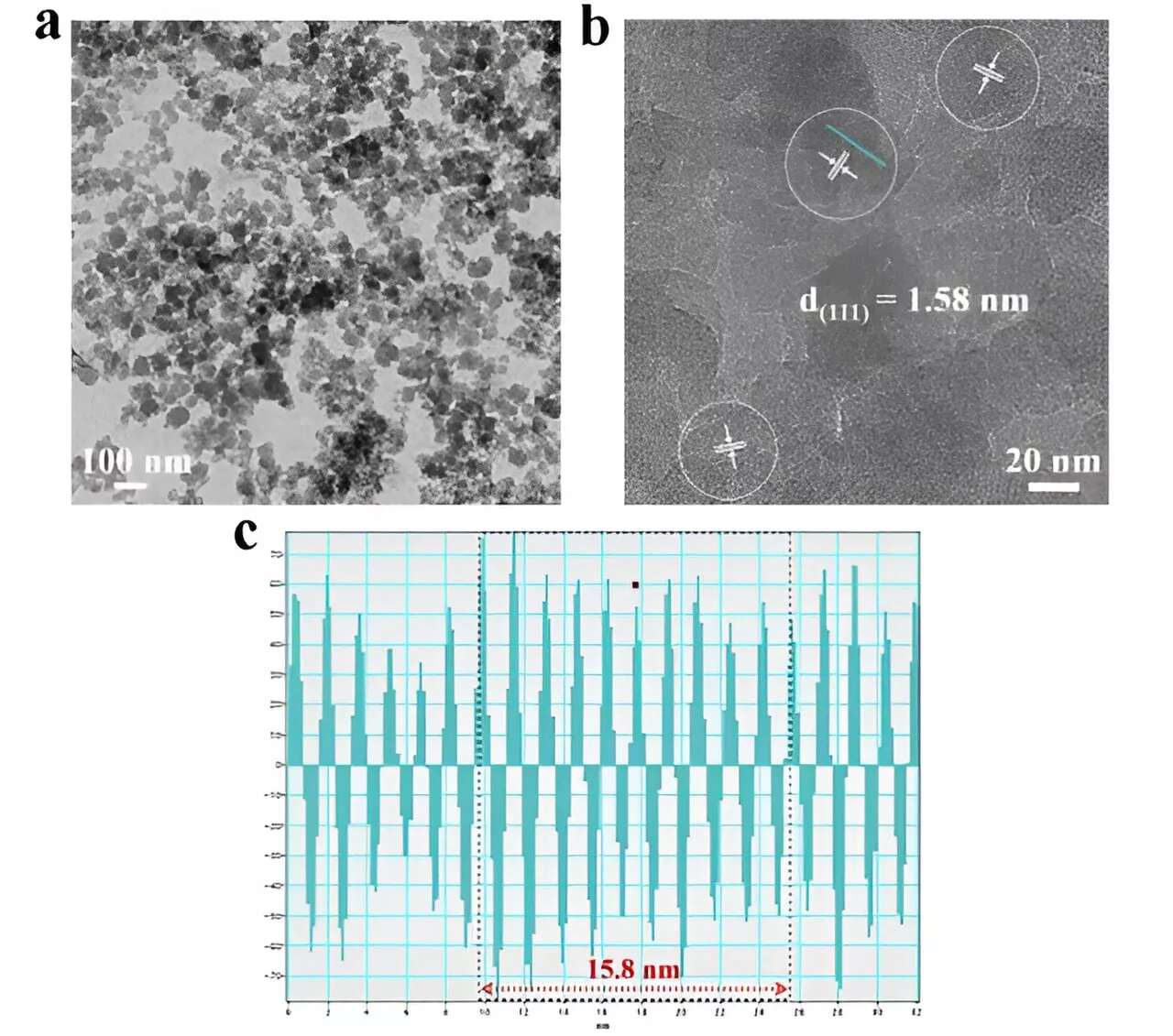Researchers have discovered a family of enzymes that work to reduce IgG-mediated pathologies in diseases like MG. The findings, involving mouse models, show that a specific enzyme (an endoglycosidase called CU43) was particularly effective in treating those diseases caused by overactive antibodies.
Researchers have discovered a family of enzymes that work to reduce IgG-mediated pathologies in diseases like MG. The findings, involving mouse models, show that a specific enzyme was particularly effective in treating those diseases caused by overactive antibodies.
"Human antibodies, although critically important for mounting an immune response to pathogens and fighting disease, sometimes cause disease themselves -- including autoimmune diseases," says Eric Sundberg, principal investigator on the study and a biochemistry researcher at Emory University's School of Medicine."The enzymes we discovered can modify antibodies in such a way that they no longer cause disease.
"We hope to leverage these promising results in mice to move this enzyme rapidly into clinical trials in humans," says Sundberg, who also chairs the Department of Biochemistry at Emory."It could potentially be used to treat a wide range of autoimmune diseases and other IgG-mediated pathologies."Diego E. Sastre, Stylianos Bournazos, Jonathan Du, E. Josephine Boder, Julia E. Edgar, Tala Azzam, Nazneen Sultana, Maros Huliciak, Maria Flowers, Lea Yoza, Ting Xu, Tatiana A.
Diseases And Conditions Asthma Lymphoma Eye Care Infectious Diseases Pharmacology Lupus
United States Latest News, United States Headlines
Similar News:You can also read news stories similar to this one that we have collected from other news sources.
 Researchers Seek New Solutions to Ease Sickle Cell’s Extreme PainSickle cell disease causes severe pain that’s hard to treat, but researchers are finding new ways to offer relief
Researchers Seek New Solutions to Ease Sickle Cell’s Extreme PainSickle cell disease causes severe pain that’s hard to treat, but researchers are finding new ways to offer relief
Read more »
 Researchers enhance CO₂ photoreduction with new metal-organic frameworkPhotocatalytic conversion of CO2 into C2 products is an important process in the quest to address the energy crisis and achieve carbon neutrality. However, generating C2 products is challenging due to the sluggish multi-electron transfer process and inert C–C coupling processes.
Researchers enhance CO₂ photoreduction with new metal-organic frameworkPhotocatalytic conversion of CO2 into C2 products is an important process in the quest to address the energy crisis and achieve carbon neutrality. However, generating C2 products is challenging due to the sluggish multi-electron transfer process and inert C–C coupling processes.
Read more »
 Images show Russia’s new Sarmat missile suffered major test failure, researchers sayRussia appears to have suffered a “catastrophic failure” in a test of its Sarmat missile, a key weapon in the modernization of its nuclear arsenal, according to arms experts who have analyzed satellite images of the launch site.
Images show Russia’s new Sarmat missile suffered major test failure, researchers sayRussia appears to have suffered a “catastrophic failure” in a test of its Sarmat missile, a key weapon in the modernization of its nuclear arsenal, according to arms experts who have analyzed satellite images of the launch site.
Read more »
 Researchers discover new bacterium that causes gut immunodeficiencyResearchers have discovered a new bacterium that weakens the immune system in the gut, potentially contributing to certain inflammatory and infectious gut diseases. The team identified the bacterium, Tomasiella immunophila (T.
Researchers discover new bacterium that causes gut immunodeficiencyResearchers have discovered a new bacterium that weakens the immune system in the gut, potentially contributing to certain inflammatory and infectious gut diseases. The team identified the bacterium, Tomasiella immunophila (T.
Read more »
 Researchers Identify Two New Preventable Risk Factors for DementiaTreating vision loss and lowering cholesterol could help reduce the risk of dementia, according to a new report.
Researchers Identify Two New Preventable Risk Factors for DementiaTreating vision loss and lowering cholesterol could help reduce the risk of dementia, according to a new report.
Read more »
 Researchers confront new US and global challenges in vaccinations of adultsOver the past decade, decreasing vaccination rates now threaten the huge beneficial impacts of vaccinations in the U.S. and globally. Researchers discuss the multifactorial barriers including increasing vaccine hesitancy and new clinical and public health challenges in vaccinations of U.S. adults.
Researchers confront new US and global challenges in vaccinations of adultsOver the past decade, decreasing vaccination rates now threaten the huge beneficial impacts of vaccinations in the U.S. and globally. Researchers discuss the multifactorial barriers including increasing vaccine hesitancy and new clinical and public health challenges in vaccinations of U.S. adults.
Read more »
